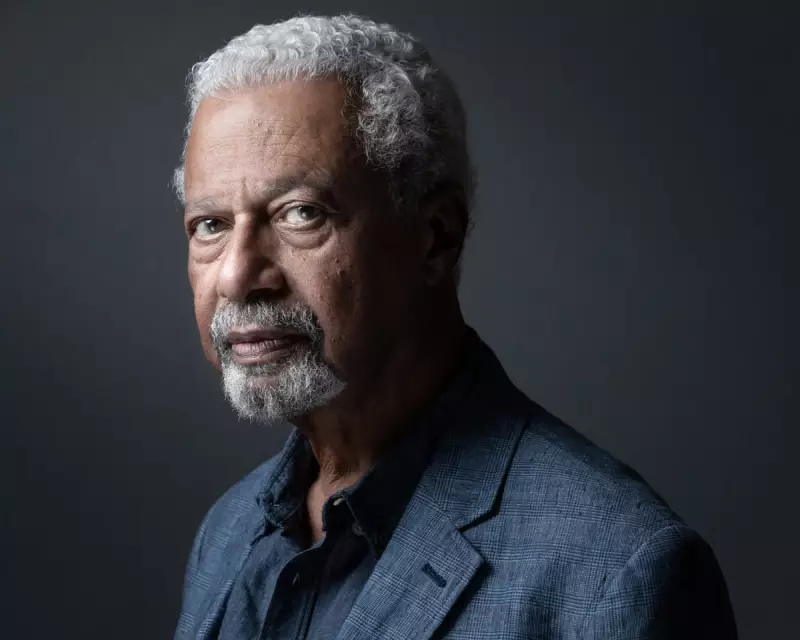
Nobel Prize-winning author Abdulrazak Gurnah has once again demonstrated his mastery of storytelling with his latest audiobook release, 'Theft', a compelling coming-of-age narrative set against the backdrop of 1960s Tanzania.
The story follows Hamza, a bright young student whose life takes an unexpected turn when he becomes entangled in a complex web of relationships. His connection with the charismatic Latif and his beautiful sister Rehana forms the emotional core of this deeply moving saga.
A Masterful Exploration of Human Relationships
Gurnah's signature prose shines through in this intimate portrayal of love, betrayal, and the search for identity. The audiobook format brings an additional layer of depth to the narrative, with the skilled narration capturing the subtle nuances of the characters' emotional journeys.
The novel expertly navigates the turbulent waters of post-colonial Tanzania, weaving personal struggles with broader political and social transformations. Through Hamza's eyes, listeners experience the challenges of navigating changing social structures and cultural expectations.
The Power of Voice and Memory
What sets 'Theft' apart is Gurnah's remarkable ability to explore how memory shapes identity and how the stories we tell ourselves define our place in the world. The title itself becomes a multifaceted concept, encompassing not just material theft but the stealing of opportunities, affections, and ultimately, one's own narrative.
The audiobook's production quality enhances the immersive experience, making it particularly accessible for both longtime Gurnah enthusiasts and newcomers to his work. The narrator's measured pace and emotional intelligence perfectly complement the author's lyrical style.
A Worthy Addition to Literary Excellence
Following his 2021 Nobel Prize in Literature recognition, Gurnah continues to deliver works that resonate with universal themes while remaining firmly rooted in specific cultural contexts. 'Theft' stands as a testament to his ongoing literary prowess and his commitment to telling stories that might otherwise remain unheard.
This latest offering reinforces Gurnah's position as one of the most important literary voices of our time, offering listeners not just a story, but a profound meditation on the human condition in times of transition and transformation.





